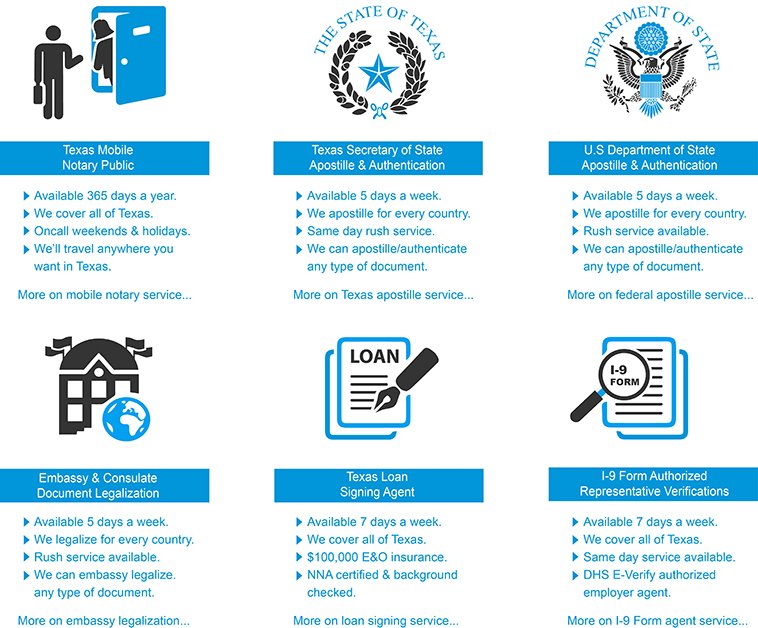DIRCO Laws Demystified: A Overview to Diplomatic Procedure
DIRCO Laws Demystified: A Overview to Diplomatic Procedure
Blog Article
Demystifying Notarial Work: Simplifying the Role and Value of Notaries
In the intricate internet of legal documentation and confirmation, notaries stand as columns of assurance and credibility. Their role, often shrouded in mystery for many, lugs substantial weight in making sure the legitimacy and stability of crucial documents. As guardians of legality and reality, notaries play a critical part in our society, yet their work is not constantly fully comprehended. By untangling the complexities surrounding notarial methods and losing light on the relevance of their acts, a more clear understanding arises of the important function notaries play in promoting the textile of legal and contractual contracts.
The Background of Notarial Work
Just how did notarial job develop in time to come to be an important component of legal and organization deals? The background of notarial work days back to old people, where scribes played a crucial function in recording vital details and verifying documents. As cultures advanced, the demand for a much more formalized system to make certain the credibility of agreements developed. This resulted in the growth of notaries, people selected by the state to work as unbiased witnesses in lawful matters.
Throughout the Middle Ages, notaries acquired prestige in Europe, with their functions broadening to include composing lawful papers, licensing signatures, and preserving records. The surge of global trade further highlighted the importance of notarial operate in confirming agreements and arrangements across borders.
In the modern era, notaries continue to play a crucial function in lawful and business transactions by verifying identities, verifying the credibility of papers, and avoiding scams. Their duty in licensing the legitimacy of agreements includes a layer of safety and depend the ever-evolving landscape of business and law.

Duties and Duties of Notaries
The historical evolution of notarial job from old worlds to the modern-day age has formed the unique obligations and duties that notaries maintain in legal and service deals today. Notaries play a crucial role in validating the authenticity of documents and the identification of notaries. Among their key duties is to witness the signing of important papers, such as wills, deeds, and agreements, to guarantee that all events are participating in contracts intentionally and willingly. Notaries likewise confirm that signatures are of audio mind and not under pressure or threat.
In addition, notaries are charged with carrying out affirmations and oaths, which are important in legal proceedings and the execution of testimonies. They certify duplicates of initial records, providing guarantee to organizations that the duplicates hold true reproductions of the originals. Notaries must preserve exact records of all transactions they manage to ensure transparency and accountability. In general, the tasks and obligations of notaries are important in safeguarding the stability and legitimacy of different papers and purchases.
Notarial Certificates and Signatures
Exhibiting careful focus to detail, notarial certificates and signatures function as important parts in verifying the authenticity of legal records. Notarial certificates commonly include vital details such as the day of notarization, the names of the notaries, a description of the document, and the notary's official seal. These certificates provide a clear document of the notarial act, making sure that the record can be conveniently recognized and look here traced back to the notary that looked after the procedure.
Signatures play a crucial role in notarial job, as they signify the agreement and authorization of the celebrations included. Notaries carefully witness the finalizing of documents to confirm the identification of the notaries and validate that they are authorizing of their very own Conveyancer free choice. By fastening their main seal and trademark to the record, notaries accredit that the needed treatments have actually been adhered to and that the file is enforceable and valid.
Basically, notarial certificates and trademarks are the characteristic of authenticity in legal purchases, offering guarantee to all parties included that the records are genuine and binding.
Importance of Notarial Acts

Notarization Refine Explained
The registration procedure normally starts with the individual offering the file to a notary public. When the identity is validated, the notary makes certain that the specific YOURURL.com authorizing the paper does so willingly and without any kind of threat.

Verdict

Notarial certifications commonly include crucial info such as the day of registration, the names of the signatures, a description of the paper, and the notary's main seal. These certifications provide a clear record of the notarial act, ensuring that the record can be easily identified and traced back to the notary that oversaw the procedure.
By affixing their main seal and trademark to the document, notaries license that the essential procedures have been complied with and that the record is legitimate and enforceable.
By verifying the identity of the signatories, confirming their readiness to enter into the agreement, and certifying the day and location of the signing, notaries play a crucial role in upholding the credibility of lawful papers.After the paper is signed, the notary will certainly fasten their main seal or stamp onto the paper.
Report this page